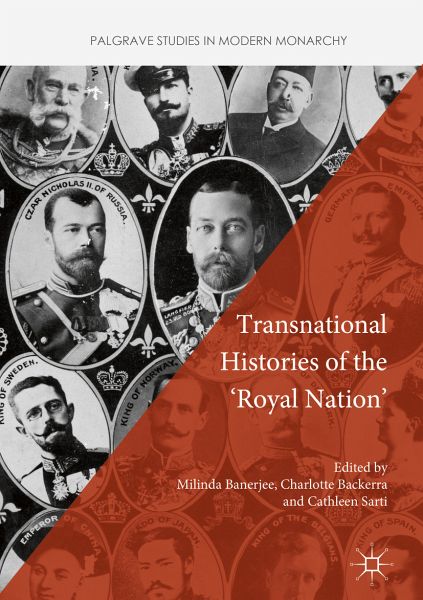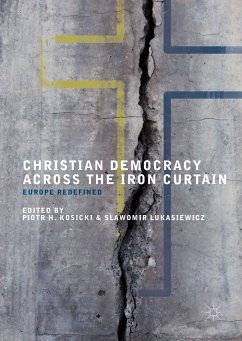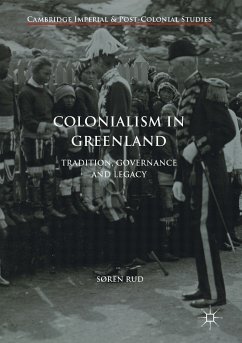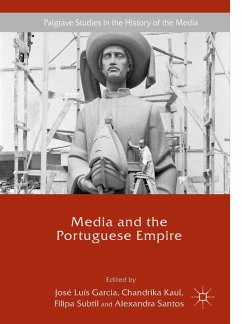
Transnational Histories of the 'Royal Nation' (eBook, PDF)
Versandkostenfrei!
Sofort per Download lieferbar
104,95 €
inkl. MwSt.
Weitere Ausgaben:

PAYBACK Punkte
52 °P sammeln!
This book challenges existing accounts of the nineteenth and twentieth centuries in which political developments are explained in terms of the rise of the nation-state. While monarchies are often portrayed as old-fashioned - as things of the past - we argue that modern monarchies have been at the centre of nation-construction in many parts of the world. Today, roughly a quarter of states define themselves as monarchies as well as nation-states - they are Royal Nations. This is a global phenomenon. This volume interrogates the relationship between royals and 'their' nations with transnational c...
This book challenges existing accounts of the nineteenth and twentieth centuries in which political developments are explained in terms of the rise of the nation-state. While monarchies are often portrayed as old-fashioned - as things of the past - we argue that modern monarchies have been at the centre of nation-construction in many parts of the world. Today, roughly a quarter of states define themselves as monarchies as well as nation-states - they are Royal Nations. This is a global phenomenon. This volume interrogates the relationship between royals and 'their' nations with transnational case studies from Asia, Africa, Europe as well as South America. The seventeen contributors discuss concepts and structures, visual and performative representations, and memory cultures of modern monarchies in relation to rising nationalist movements. This book thereby analyses the worldwide significance of the Royal Nation.
Dieser Download kann aus rechtlichen Gründen nur mit Rechnungsadresse in A, B, BG, CY, CZ, D, DK, EW, E, FIN, F, GR, HR, H, IRL, I, LT, L, LR, M, NL, PL, P, R, S, SLO, SK ausgeliefert werden.












